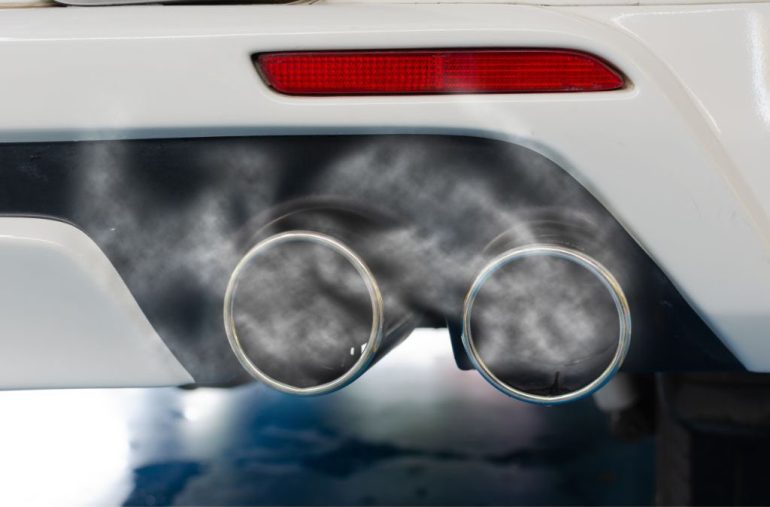Automotive

In a major regulatory rollback, the federal government has effectively gutted the U.S. Corporate Average Fuel Economy (CAFE) standards, wiping out years of penalties for automakers who failed to meet fuel efficiency targets. According to The Detroit News, the National Highway Traffic Safety Administration (NHTSA) has informed car companies that they will no longer be on the hook for missing federal fuel economy standards dating back to the 2022 model year. Just as significant, the penalty for future infractions has been reduced to zero dollars.
The move is part of the recently passed “One Big Beautiful Bill Act,” a sweeping piece of legislation that dramatically alters the government’s approach to fuel economy and clean transportation. With no financial consequences tied to CAFE violations, the standards — long considered a key pillar of U.S. environmental policy — have effectively lost their teeth.
For decades, CAFE penalties were designed to push automakers toward building more efficient vehicles, rewarding innovation while penalizing excess emissions. Without that financial incentive, industry analysts fear automakers may scale back their investments in fuel-saving technologies, especially as hybrid and EV adoption continues to face political headwinds.
This decision is the latest in a string of moves from the Trump administration aimed at rolling back support for electric vehicles and loosening environmental regulations. In February, the Department of Transportation halted billions in EV infrastructure funding. More recently, Congress voted to end EV tax credits prematurely, cutting them off eight years earlier than scheduled. The Environmental Protection Agency is also working to ease restrictions on harmful tailpipe emissions — another major step back from earlier environmental goals.
While automakers may welcome the short-term relief from regulatory penalties, consumer advocates and environmental groups are voicing strong concerns. Critics argue that this rollback will increase the cost of vehicle ownership over time by making cars less fuel efficient, thereby forcing drivers to spend more at the pump. It’s a step that not only affects wallets but also threatens progress in reducing the nation’s carbon footprint.
One major ripple effect of this policy change hits the market for carbon credits. Automakers that exceeded fuel economy standards — like Tesla — could previously sell those credits to other automakers who came up short. With fines now zeroed out, the demand for those credits could collapse, impacting a key revenue stream for companies leading the EV charge.
For car buyers, the long-term implications are still unfolding. While the removal of CAFE penalties may temporarily ease pressure on automakers, it could ultimately limit the availability of fuel-efficient options in the market and slow down the push toward electrification. At a time when many global automakers are accelerating their EV strategies and facing stricter emissions rules abroad, the U.S. is suddenly pumping the brakes.
As we continue to cover the changing landscape of automotive policy and its impact on consumers and the industry at large, one thing remains clear: the road ahead for clean transportation in America just got a lot more uncertain.
FOLLOW US TODAY:

Lloyd Tobias is a seasoned automotive journalist and passionate enthusiast with over 15 years of experience immersed in the world of cars. Whether it’s exploring the latest advancements in automotive technology or keeping a close pulse on breaking industry news, Lloyd brings a sharp perspective and a deep appreciation for all things automotive. His writing blends technical insight with real-world enthusiasm, making his contributions both informative and engaging for readers who share his love for the drive. When he’s not behind the keyboard or under the hood, Lloyd enjoys test driving the newest models and staying ahead of the curve in an ever-evolving automotive landscape.


